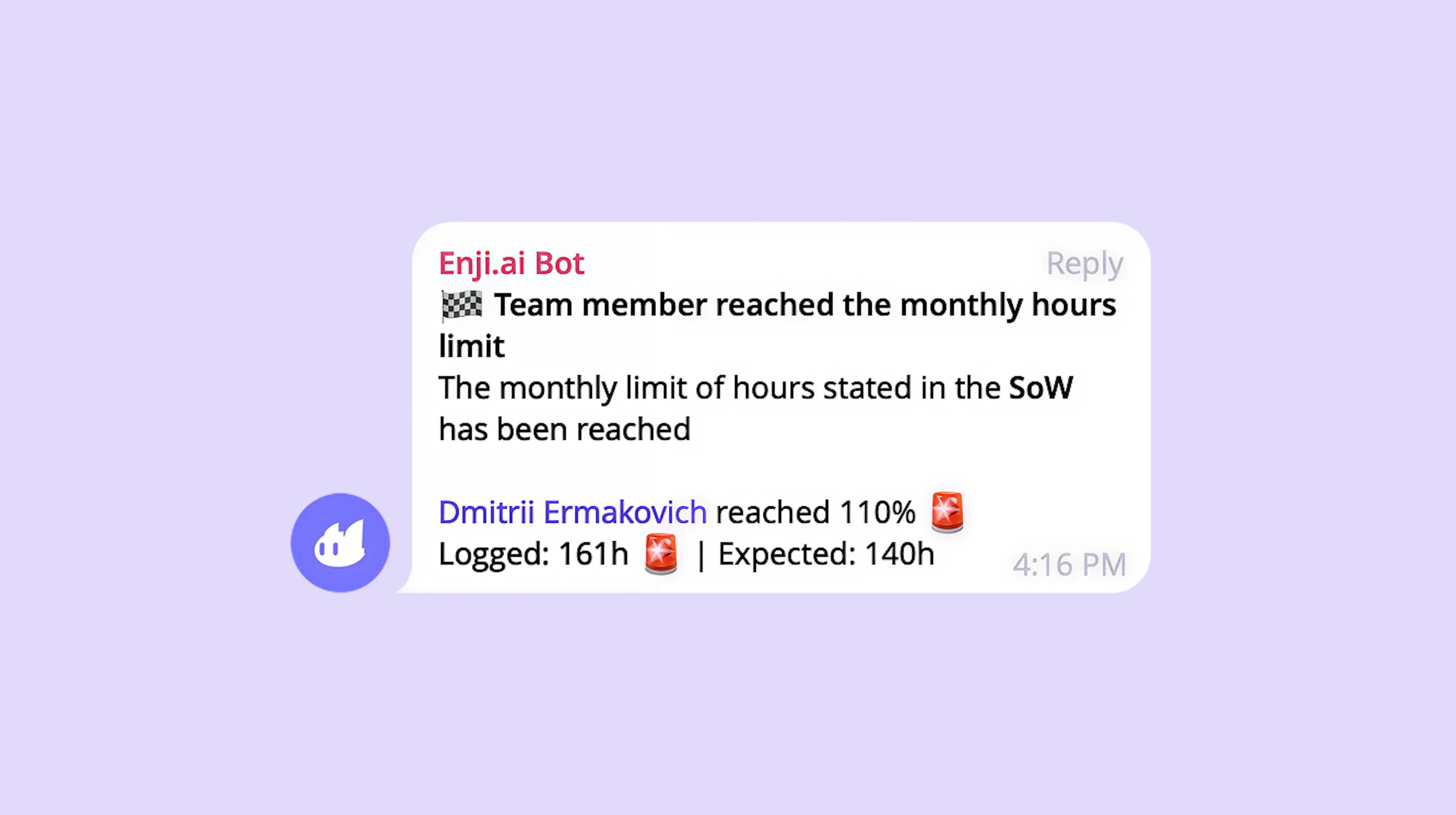Project Management Glossary: Key Terms
Definition of Overtime management
What is overtime management?
Overtime management is the structured process of tracking, regulating, and optimizing the hours employees work beyond their standard schedules. It involves implementing clear policies, using digital tools, and applying best practices to ensure that overtime is necessary, fairly compensated, and aligned with both organizational goals and employee well-being. Effective overtime management balances operational needs with compliance, budget control, and the prevention of employee burnout.
Effective overtime management encompasses several critical elements that work together to ensure both compliance and operational efficiency. This includes systematically monitoring and recording extra hours worked by employees, establishing clear eligibility criteria and approval processes for overtime requests, and maintaining strict adherence to labor laws and internal company policies. Additionally, organizations should analyze overtime patterns to gain valuable insights that inform strategic staffing decisions and optimize scheduling practices.
Why is overtime management important?
Proper overtime management is crucial for several reasons:
- Compliance: Adhering to labor laws and regulations helps avoid costly penalties and legal disputes.
- Cost control: Unchecked overtime can inflate labor costs and erode profit margins.
- Employee well-being: Excessive overtime leads to fatigue, stress, and higher turnover rates. Managing overtime supports a healthier work-life balance.
- Productivity: While occasional overtime can help meet critical deadlines, chronic overuse often results in diminishing returns, lower morale, and reduced output over time.
- Transparency: Clear processes and reporting build trust between management and staff, ensuring overtime is distributed fairly and recognized appropriately.
Effective overtime management is essential for maintaining compliance with labor regulations, controlling costs, and supporting employee well-being, while poor oversight can result in inflated expenses, workforce fatigue, and decreased productivity over time.
What are the benefits of effective overtime management?
When managed strategically, overtime can be a valuable tool for both organizations and employees. Key benefits include:
- Work-life balance: Employees maintain healthier boundaries, reducing burnout and absenteeism.
- Improved productivity: Overtime is used intentionally to address peak workloads or urgent projects, not as a default solution.
- Cost efficiency: By minimizing unnecessary overtime, companies control labor expenses and optimize resource allocation.
- Employee engagement: Recognizing and compensating extra effort boosts morale, loyalty, and retention.
- Regulatory compliance: Systematic tracking ensures the organization meets legal requirements for overtime pay and rest periods.
- Data-driven insights: Regular analysis of overtime patterns helps identify operational bottlenecks and informs better workforce planning.
How to manage overtime more effectively?
Managing overtime effectively requires a combination of clear policies, technology, and proactive leadership. Here's how to get started:
Top 6 tips to reduce overtime in your company
1. Establish clear overtime policies
Define who can approve overtime, under what circumstances, and how it will be compensated, then communicate these guidelines to all employees to ensure transparency and consistency across the organization.
2. Track and analyze overtime data
Use overtime management software to monitor hours in real time and regularly review reports to spot trends, address issues, and optimize scheduling decisions.
3. Plan and forecast workloads
Anticipate busy periods and adjust staffing proactively to minimize last-minute overtime needs by using historical data to inform scheduling and resource allocation strategies.
4. Encourage flexible scheduling
Offer shift swaps, compressed workweeks, or flextime to accommodate personal needs and reduce overtime pressure.
5. Cross-train employees
Equip staff with multiple skills so they can cover for each other during peak times, reducing the need for extra hours.
6. Automate and streamline processes
Implement technology to automate repetitive tasks and improve workflow efficiency, freeing up time and reducing the need for overtime.
How Enji helps with overtime management
Enji.ai offers a practical solution for monitoring and managing overtime. With Enji, project managers can:
- Request automated weekly overtime reports: The PM Agent compiles a list of employees who have worked overtime, providing a clear overview for managers to take action.
- Track employee workload with Global Worklogs: This feature shows how many hours each company employee should work versus actual hours logged. Any overtime will be clearly highlighted for immediate visibility.
- Monitor capacity through SOW Planning: This tool identifies who is working overtime and who isn't meeting their expected hours, enabling better resource allocation.
- Spot burnout early: Enji's Employee Pulse feature highlights signs of overwork, helping leaders intervene before productivity or morale suffers.
- Enable data-driven decisions: Real-time insights into work patterns and project demands allow managers to adjust resources and schedules proactively.
- Streamline communication: Automated alerts and summaries keep both managers and employees informed, reducing misunderstandings about overtime expectations.
Key Takeaways
- Overtime management is essential for balancing operational needs, employee well-being, and compliance.
- Effective strategies include clear policies, real-time tracking, flexible scheduling, and cross-training.
- Benefits range from cost control and productivity gains to improved morale and legal compliance.
- Enji.ai enables project managers to monitor overtime, receive automated reports, and spot burnout early.
- Regular analysis and proactive planning are vital to reducing unnecessary overtime and maintaining a healthy, efficient workforce.
Last updated in July 2025



